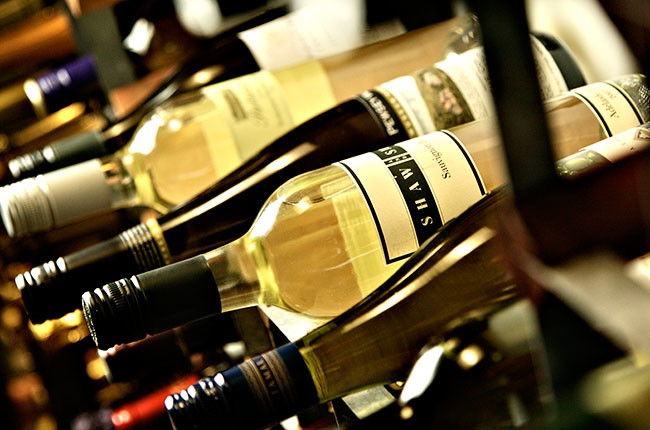Credit: pixabay.com
Things to consider when putting wine in the fridge
How long can an open bottle last in the fridge?
An opened bottle of white or rosé wine should be able to last for at least two to three days in fridge, if using a cork stopper. Some styles may keep going for up to five days, however.
Sparkling wines, such as Prosecco or Champagne, can stay fresh and will keep some fizz for a similar amount of time, but need to be properly sealed – ideally with a specific Champagne bottle stopper. Don’t listen to fables about spoons in the Champagne bottle-neck.
While some lighter styles of red wine can be chilled, it’s better to keep full bodied reds out of the kitchen fridge once opened – unless you’re briefly cooling them off a little before serving at ‘room temperature’, which is 16 to 18 degrees Celsius in wine terms.
Colder temperatures may make a heavy red wine taste unbalanced by bringing tannin and oak to the fore.
Some fortified wines are built to last and can be kept in the fridge for up to several weeks once opened.
‘I nearly always have a bottle of tawny on the go in the fridge,’ said Decanter Port expert Richard Mayson in 2016.
We won’t go into the diverse range of gadgets claiming to make your wine last longer in this particular article, but this is also an extra point to consider.
Would you know if a wine has gone off?
In particular, look out for the wine becoming oxidised. Have the fruit aromas and flavours become dulled, or has the colour dimmed or gained a brown-edged tinge?
The colour gauge works less well on a tawny Port, because the wine has already been subjected to controlled oxidation to a greater extent.
Also, look out for vinegary notes, which may be the result of bacteria causing a build-up of acetic acid.
What if the wine is unopened?
How sure are you about the plan to drink this particular bottle? We have some helpful tips on chilling wine in a hurry.
Louis Roederer’s chef de cave and executive vice-president, Jean-Baptiste Lécaillon, told guests at a Decanter Fine Wine Encounter in 2014 that one should ‘put Champagne in the fridge 48 hours before drinking it’, if possible.
However, remember that wine generally doesn’t enjoy big temperature fluctuations; unlike vineyard managers, who often speak about the importance of diurnal range.
This is one of the reasons why it’s generally recommended not to store wine in the kitchen or near radiators.
Paolo Basso, named the world’s best sommelier in 2013, says that age is an important consideration . ‘Like any food product, exposure to cold will slow or stop the ripening process,’ he said in Decantermagazine in 2016.
‘If you do this only once to a young and robust wine, it will generally resume its ageing process without consequence after a period in the fridge.
‘But a more mature wine, which is less resistant to shock, may suffer. Wine is like us; in youth, we will recover more easily after an accident but when we are older, recovery will be more difficult.’
Wine corks can also harden if a bottle is in the fridge for too long, which may allow air through and give you oxidation problems.
Do you have a ‘wine fridge’?
This doesn’t mean throwing out the vegetables and packing your ‘normal’ fridge with bottles.
A temperature-controlled wine fridge will naturally give you an advantage by helping you to maintain constant, ideal conditions for storage more easily.
Original article published in 2016 with comments from Paolo Basso. Updated forDecanter.comby Chris Mercer in July 2019.
Translated by Leo / 孔祥鑫
All rights reserved by Future plc. No part of this publication may be reproduced, distributed or transmitted in any form or by any means without the prior written permission of Decanter.
Only Official Media Partners (see About us) of DecanterChina.com may republish part of the content from the site without prior permission under strict Terms & Conditions. Contact china@decanter.com to learn about how to become an Official Media Partner of DecanterChina.com.








Comments
Submit